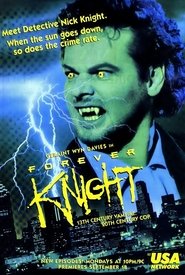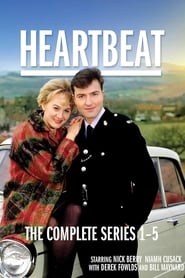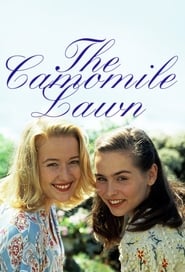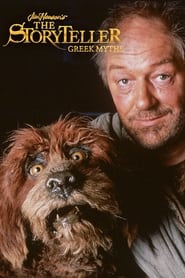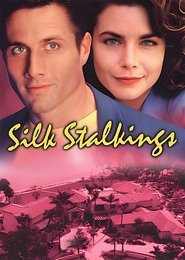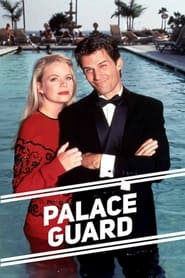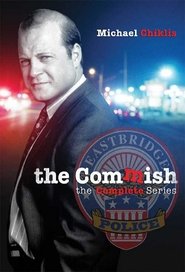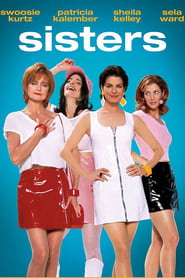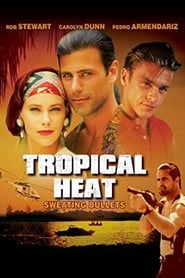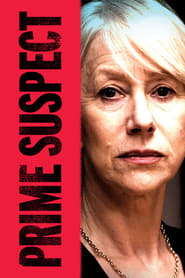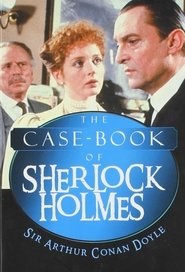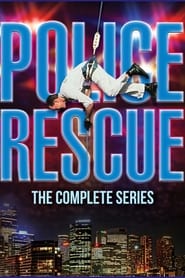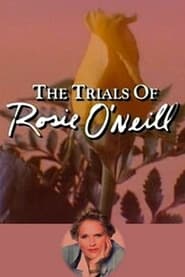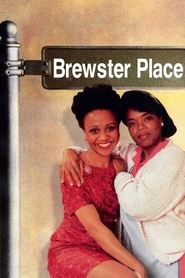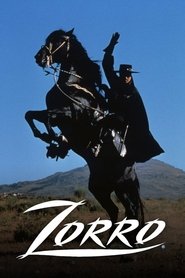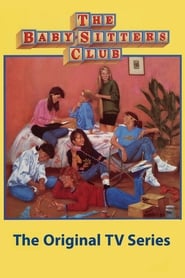New Drama TV Series on Tubi TV - Page 71
-
Red Shoe Diaries
1992
Red Shoe Diaries
1992
star 5.8Jake takes out an ad in the newspaper after the suicide of his unfaithful fiancée, in an effort to understand the reasons for the betrayal. By soliciting the secret diaries of other women, he hopes to find some reconciliation with the truth. -
Forever Knight
1992
Forever Knight
1992
star 6.8Forever Knight is a Canadian television series about Nick Knight, an 800-year-old vampire working as a police detective in modern day Toronto. Wracked with guilt for centuries of killing others, he seeks redemption by working as a homicide detective on the night shift while struggling to find a way to become human again. The series premiered on May 5, 1992 and concluded with the third season finale on May 17, 1996. -
Heartbeat
1992
Heartbeat
1992
star 7.1Set during the 1960s in the fictional North Yorkshire village of Aidensfield, this enduringly popular series interweaves crime and medical storylines. -
The Camomile Lawn
1992
The Camomile Lawn
1992
star 5.5The Camomile Lawn is a 1992 British miniseries based on Mary Wesley's novel of the same name, following five cousins and their family in Cornwall as they navigate the start of World War II. The story is framed by a funeral in 1984, which prompts the characters to recall their experiences during the war, including love, loss, and secrets. -
The Storyteller: Greek Myths
1991
star 8.2A storyteller in a labyrinth tells his dog the stories of Perseus and Medusa, Icarus and Daedalus, Theseus and the Minotaur, and Orpheus and Euridyce. -
Merlin of the Crystal Cave
1991
A BBC Sunday afternoon drama serial aimed at family audiences, telling the Arthurian tale from the point of view of Merlin, from his youth to old age. -
Silk Stalkings
1991
Silk Stalkings
1991
star 6Silk Stalkings is a crime drama television series. The series portrays the daily lives of two detectives who solve sexually-based crimes of passion among the ultra-rich of Palm Beach, Florida. -
Palace Guard
1991
Palace Guard
1991
star 3.5Palace Guard is the story of a reformed jewel thief and cat burglar, Tommy Logan, who, after serving three years in prison, is released on parole and accepts an offer to become the head of security for the posh Palace Hotel chain. There were two reasons for this somewhat unusual job offer. One was that Logan had previously enjoyed great success in stealing from the high-class clientele of the Palace chain, and hence it was thought that he'd understand how to prevent others from doing so. And the other was that Tommy was the illegitimate son of the chain's owner, Arturo Taft, though Taft did not reveal this to Logan. The show centered primarily around the working relationship between Logan and his new boss, Christy Cooper, the hotel chain's Vice-President of Public Relations. In each episode, Logan and Cooper travelled to a hotel in a different city where Logan would help avert some disaster using quirky and questionable methods, leaving Cooper to sweep up the fallout. -
The Commish
1991
The Commish
1991
star 7.1Tony Scali is a former Brooklyn cop now the Police Commissioner of a small upstate city. But for Scali, this is no desk job. He's a tough yet compassionate boss, a loving husband and father, and a hands-on law enforcer with an unorthodox style of bending the rules. From parenthood to politics, from sex crimes to murder cases, one man takes it day-to-day with offbeat humor and street- smart skill. -
Sisters
1991
Sisters
1991
star 7.2The Reed sisters of Winnetka, Illinois, are a close-knit group. Alex, Georgie, Teddy, and Frankie navigate the waters of life's triumphs and tragedies with the help of their mom, Bea. And no matter what befalls them, they know they can count on their sisters to help pull them through. (Sisters is an Emmy Award-winning television drama.) -
Tropical Heat
1991
Tropical Heat
1991
star 6.3Tropical Heat is a Canadian action series The plot revolves around private investigator, ex-DEA agent Nick Slaughter who after arriving in the fictional resort town of Key Mariah, Florida and setting up a detective agency there, met up with local tourist agent Sylvie Girard to solve a variety of different cases. -
Prime Suspect
1991
Prime Suspect
1991
star 7.7Highly skilled Detective Inspector Jane Tennison battles to prove herself in a male dominated world. -
The Case-Book of Sherlock Holmes
1991
star 8.8Holmes and Dr. Watson solve the mysteries of the Disappearance of Lady Frances Carfax, Thor Bridge, Shoscombe Old Place, The Boscombe Valley Mystery, The Illustrious Client and The Creeping Man. -
Police Rescue
1991
Police Rescue
1991
star 6.4Police Rescue was an Australian television series The series dealt with the New South Wales Police Rescue Squad based in Sydney and their work attending to various incidents from road accidents to train crashes. -
The Trials of Rosie O'Neill
1990
star 5.2The Trials of Rosie O'Neill is an American television drama series, which aired on CBS from 1990 to 1992. The show stars Sharon Gless as Fiona Rose "Rosie" O'Neill, a lawyer working in the public defender's office for the City of Los Angeles. The show marked the return of Gless to series television after her Emmy-winning run on Cagney & Lacey. "Rosie" was produced by Cagney & Lacey producer Barney Rosenzweig, whom Gless married in 1991. Despite the show's brilliant writing and production, it did not sustain a sizable audience, and was canceled by CBS in 1992. Each episode opens with Rosie talking with her therapist, whose face was never seen on camera. Rosie had been at the receiving end of an unwanted divorce, after her attorney husband had an affair. The advertisement for the series which appeared in TV Guide the night the series debuted told the story as follows: "I'm 43 and divorced. He got our law practice, the Mercedes, and the dog. It's only fair that I should be angry. I really liked that dog." The show' -
Brewster Place
1990
Brewster Place
1990
star 1Brewster Place is a short lived American drama series which aired on ABC in May 1990. The series was a spinoff of the 1989 miniseries The Women of Brewster Place, which was based upon Gloria Naylor's novel of the same name. The series starred talk show host Oprah Winfrey, who also served as co-executive producer. -
Chillers
1990
Chillers
1990
star 6.2A 1990 horror anthology series, with host Anthony Perkins presenting and screening tales based on Patricia Highsmith's short stories that display a sinister atmosphere, and delve into the darkest depths of human nature. -
Zorro
1990
Zorro
1990
star 7.1Zorro, also known as The New Zorro, New World Zorro, and Zorro 1990, is an American action-adventure drama series featuring Duncan Regehr as the character of Zorro. Regehr portrayed the fearless Latino hero and fencer on The Family Channel from 1990 to 1993. The series was shot entirely in Madrid, Spain and produced by New World Television, The Family Channel, Ellipse Programme of Canal Plus, Beta TV, and RAI. 88 episodes of the series were produced, 10 more than the first Zorro television series, which was produced by Disney in the late 1950s. Since 2011, the series is currently airing in the United States on the Retro Television Network as The New Zorro. Peter Rodgers Organization is the distributor for this version of Zorro. -
The Baby-Sitters Club
1990
star 7.8The Baby-Sitters Club is a 1990 American television series based on Ann M. Martin's children's book series of the same name. The series originally aired on the The Disney Channel, but was also broadcast on HBO and Nickelodeon; all thirteen thirty-minute episodes were also released to home video. The TV series and the novels were both produced by Scholastic Corporation. As of June 1st, 2013, the series was made available on Netflix instant streaming. -
Judith Krantz's Till We Meet Again
1989
star 6Judith Krantz's Till We Meet Again was a 1989 TV mini-series based on the Judith Krantz novel, Till We Meet Again. It starred Mia Sara, Bruce Boxleitner, Hugh Grant and Courteney Cox.
 Netflix
Netflix
 Amazon Prime Video
Amazon Prime Video
 Apple iTunes
Apple iTunes
 Apple TV Plus
Apple TV Plus
 Disney Plus
Disney Plus
 Google Play Movies
Google Play Movies
 Paramount Plus
Paramount Plus
 Hulu
Hulu
 HBO Max
HBO Max
 YouTube
YouTube
 fuboTV
fuboTV
 Peacock
Peacock
 Peacock Premium
Peacock Premium
 Amazon Video
Amazon Video
 The Roku Channel
The Roku Channel
 AMC+
AMC+
 Kocowa
Kocowa
 Hoopla
Hoopla
 The CW
The CW
 Vudu
Vudu
 Starz
Starz
 Showtime
Showtime
 PBS
PBS
 Pantaflix
Pantaflix
 FXNow
FXNow
 Tubi TV
Tubi TV
 Kanopy
Kanopy
 Comedy Central
Comedy Central
 Crunchyroll
Crunchyroll
 Microsoft Store
Microsoft Store
 Redbox
Redbox
 Sun Nxt
Sun Nxt
 ABC
ABC
 DIRECTV
DIRECTV
 Crackle
Crackle
 Fandor
Fandor
 Plex
Plex

